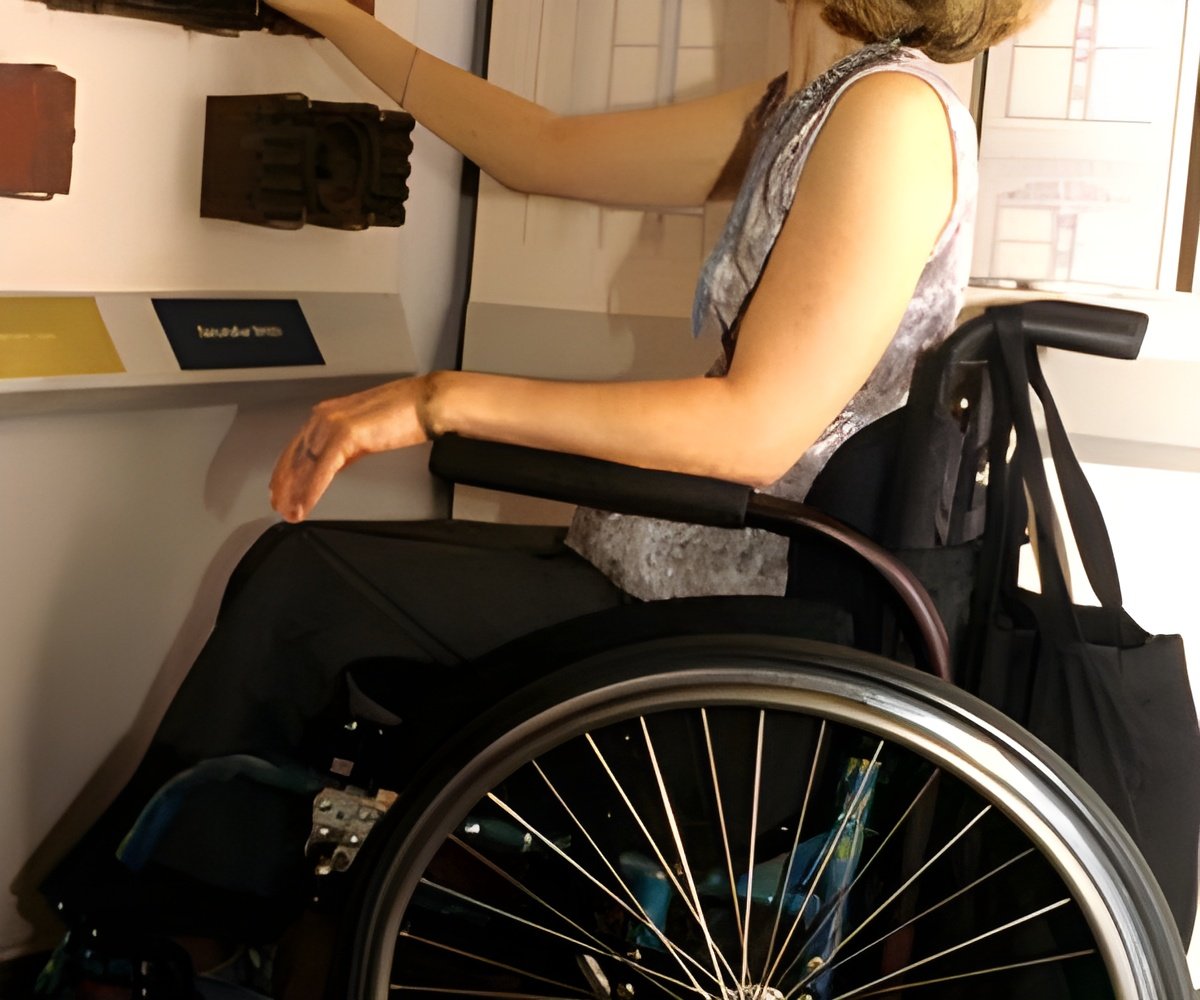Mamma? A childhood with an intellectually-impaired parent is one of the first accounts of a child's perspective trying to deal with an adult's disability.

‘A new brutally honest graphic novel autobiography "Mamma? A childhood with an intellectually-impaired parent" by a young Dutch artist is one of the first accounts of a child's perspective trying to deal with an adult's disability.’





Her story in comic strip form starts with her father telling her mum not to take contraception "because doctors are talking nonsense about it anyway." Shortly after her birth, her father absconds, leaving baby Iris in the care of her mum, whose mental state De Groot describes as "that of a child herself". "My mother battled to look after herself, let alone take care of me," she said. Her grandmother was around and helped to pay the bills, but essentially de Groot and her mother lived on their own.
For example, De Groot was never told to wash herself and in the novel, through a series of comic pictures, she's eventually given some shampoo by a friend and told to clean her hair in a swimming pool, getting soap in her eyes. "Many of the things normal people take for granted, I learnt by observing other people. I was never told what to do," she said.
The 120-page novel also points a damning finger at authorities, who assumed they had done their duty in helping De Groot's mother, but failed. The social workers "showed my mum how to change my nappies and feed me. Once she could do that, she was left on her own and they never came back," De Groot said.
Currently only published in Dutch, the comic frames are drawn in black ink and later coloured with other monotone shades of grey -- a deliberate move by De Groot to convey her feeling of helplessness.
Advertisement
It ends with De Groot's mother leaving the room in tears, failing to understand why her daughter is so upset. After putting herself through school, De Groot, now 30, ended up at an art academy at the Hanzehogeschool in the northern university city of Groningen.
Advertisement
Source-AFP










